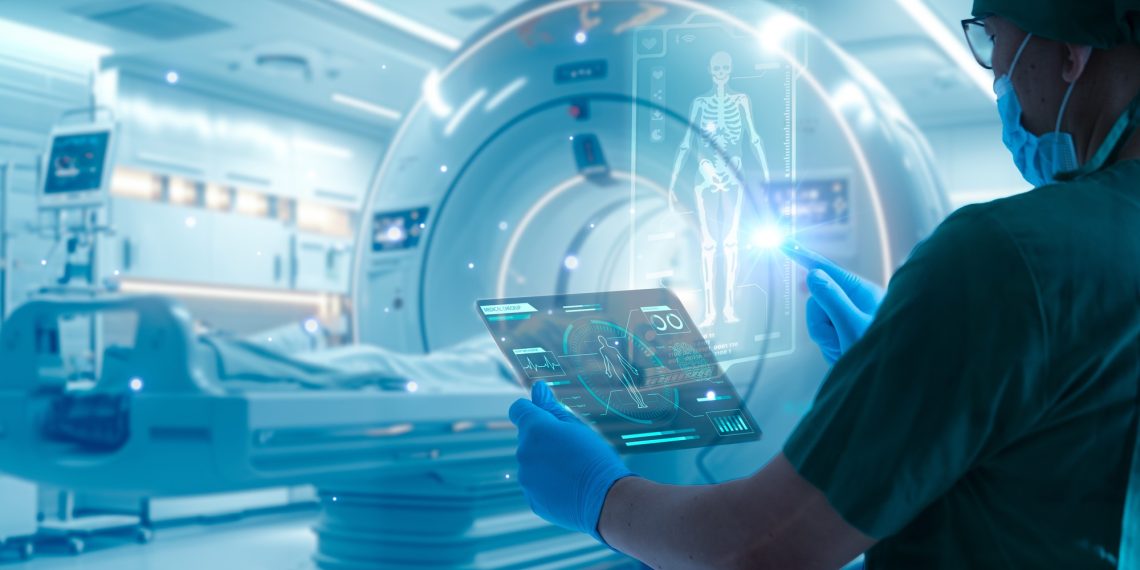K Health’s AI model, tested in a virtual urgent care clinic, demonstrated a higher rate of optimal clinical recommendations than physicians in 77% of cases, based on an evaluation of common acute complaints such as respiratory and genitourinary issues. This AI system, developed in partnership with major health systems like Cedars-Sinai, integrates directly into clinical workflows, providing both patients and doctors with comprehensive assessments before consultations.
By automating the collection and analysis of patient data, the AI streamlines the intake process, allowing medical professionals to focus on high-value decision-making rather than administrative tasks. This approach has led to improved diagnostic accuracy, especially in identifying red flags and adhering to clinical guidelines, and reduced the risk of potentially harmful recommendations compared to traditional care.
The system enhances the patient experience by enabling more personalized and efficient consultations. Patients engage in an intelligent digital conversation, sharing symptoms and concerns, which the AI organizes and summarizes for the physician. This ensures that face-to-face time is spent on meaningful clinical discussion, ultimately improving the quality of care.
Clinicians’ responses have varied, with tech-savvy practitioners readily adopting the AI as a support tool, while others are more cautious. However, evidence from the study suggests the technology adds value even in routine cases, challenging assumptions about the simplicity of common diagnoses.
The AI’s potential extends to improving healthcare access globally, particularly in regions where physician shortages limit care options. By delivering accurate, guideline-based recommendations at scale, the tool offers a viable solution for expanding quality healthcare to underserved populations and optimizing clinical efficiency in established health systems.









